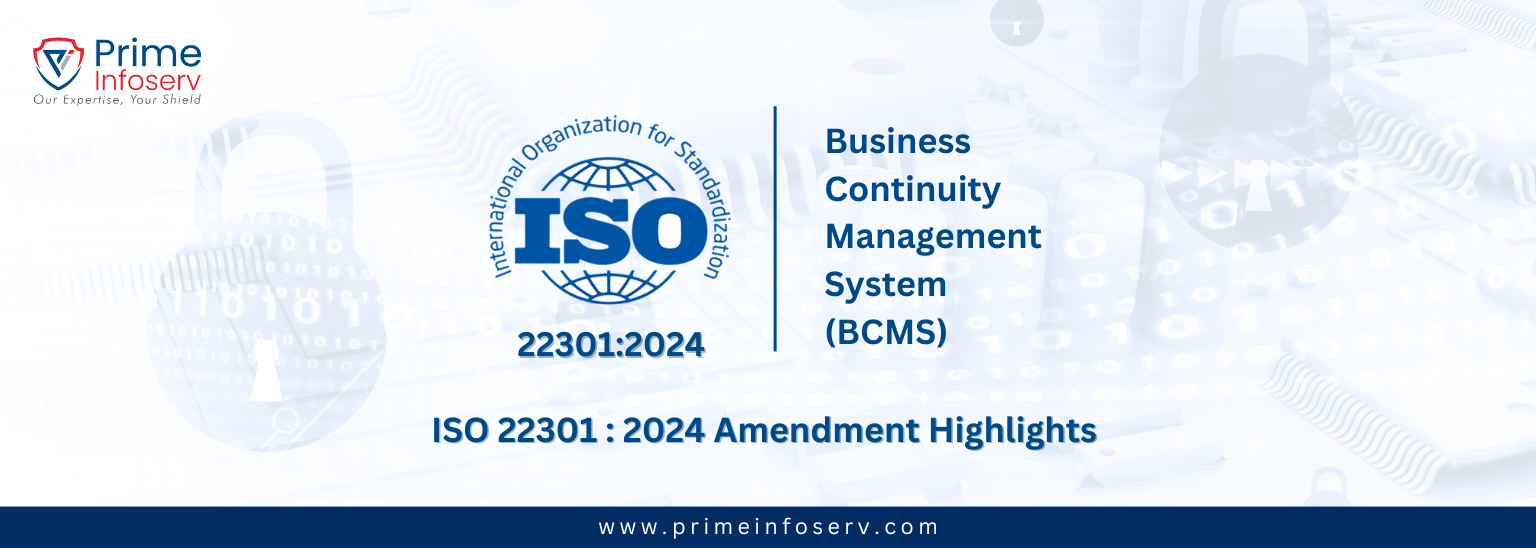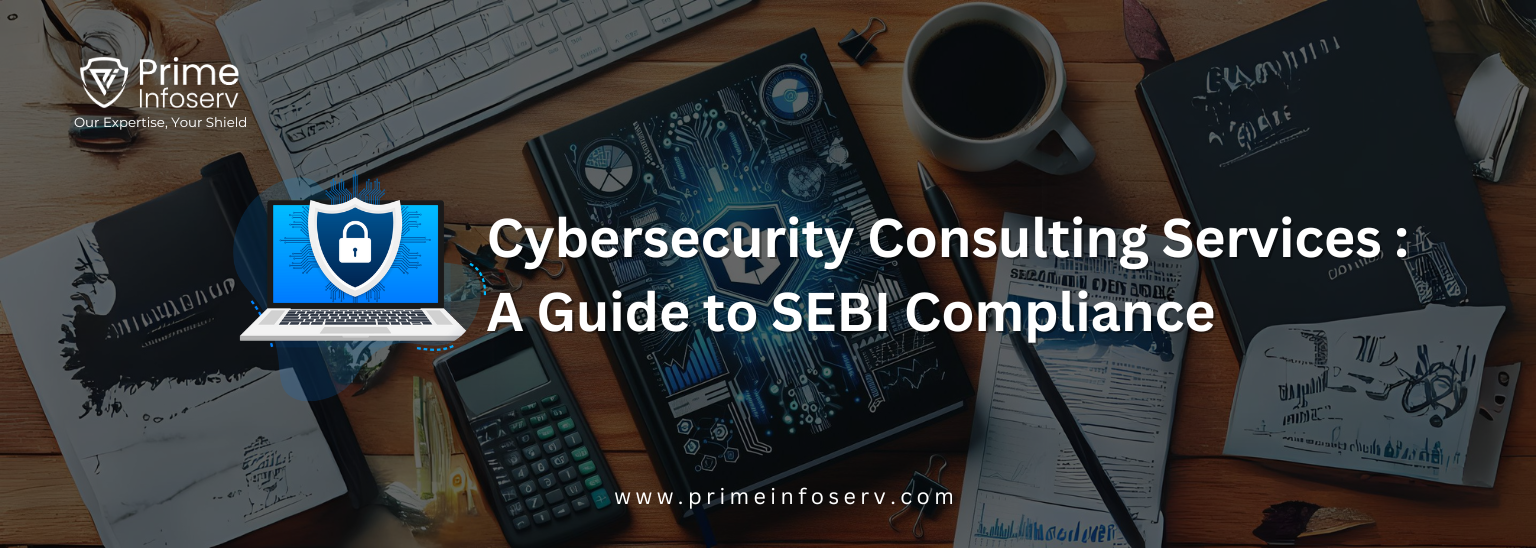In 2024, ISO 22301 introduced significant updates to help businesses better manage risks related to climate change. As global environmental challenges grow, these changes are timely and necessary for organizations aiming to stay resilient. Let’s break down the key aspects of ISO 22301:2024 and what businesses need to know.
What’s New in ISO 22301:2024?
The updated ISO 22301:2024 focuses on the increasing importance of climate change in Business Continuity Management. Key updates include:
- Climate Change Integration: Businesses must now evaluate how climate change impacts their operations and incorporate this into their risk assessments and strategic planning.
- Expanded Clauses:
- Clause 4.1: Now requires organizations to consider how environmental changes may affect their operational activities.
- Clause 4.2: Businesses must also assess how climate change affects their stakeholders, ensuring they understand the wider implications of environmental risks.
Why Is This Amendment Important?
With the rising frequency of natural disasters like floods, wildfires, and extreme weather, businesses face new challenges. The ISO 22301:2024 update comes as part of a global shift towards sustainability in business and aligns with key global initiatives such as the Paris Agreement. By integrating climate risks into their resilience planning, companies can better manage disruptions and protect their long-term survival.
How ISO 22301:2024 Strengthens Business Continuity Amid Climate Change
The 2024 amendment strengthens the connection between climate change adaptation and disaster recovery. Organizations must now review climate-related risks and determine how relevant they are to their operations. This shift encourages a more comprehensive approach to risk management, considering not only operational issues but also long-term environmental risks.
Practical Steps for Organizations
Adapting to ISO 22301:2024 compliance can seem challenging, but it is crucial for future-proofing business. Here’s a simplified guide to get started:
- Conduct a Gap Analysis: Review your existing Business Continuity Management System (BCMS) and compare it with the new climate-related requirements. Identify areas where improvements are needed.
- Tailored Strategies by Industry: Each industry faces different climate risks. For instance, manufacturers might focus on physical supply chain risks, while financial institutions could prioritize economic and regulatory impacts.
- Proactive Risk Management: Beyond compliance, integrating climate risks into your BCMS helps manage new risks proactively. This step enhances not only emergency preparedness but also overall organizational resilience.
Moving Forward: How Prime Inforserv Can Help Implementing ISO 22301:2024
Adapting to these changes requires a continuous commitment to updating and refining your BCMS. At Prime Infoserv, we understand the complexities involved in this process and are here to help you navigate them effectively. Key offerings include:
- Gap Analysis: A thorough review to align your BCMS with the updated standards.
- Industry-Specific Solutions: Custom strategies that cater to the unique challenges faced by your sector.
- Proactive Risk Management: Moving beyond compliance by incorporating sustainable business practices that ensure long-term resilience.
- GRC Tool Integration: Implementing a Governance, Risk, and Compliance (GRC) tool to streamline risk management, compliance, and incident response.
The Strategic Advantage of ISO 22301:2024
By embracing the changes introduced in ISO 22301:2024, businesses can transform climate action from a compliance burden into a strategic advantage. This amendment is not just about protecting operations in the short term but building a resilient, sustainable future. ISO certification now stands as a critical component of ensuring both operational continuity and long-term growth, making it essential for businesses of all sizes.
Conclusion: Enhancing Business Resilience Amid Climate Change
The ISO 22301:2024 amendment marks a crucial step in helping businesses respond to the growing impacts of climate change. By integrating climate risks into their business continuity strategies, organizations can safeguard their operations, stakeholders, and reputations. Whether you are seeking ISO 22301 certification or looking to refine your business continuity plans, understanding these updates is essential for maintaining both compliance and resilience.
By partnering with Prime Infoserv, you can turn these new requirements into a strategic advantage, strengthening your business’s sustainability and resilience. Connect with us today info@primeinfoserv.com to learn more about how we can support your journey toward compliance and beyond.





